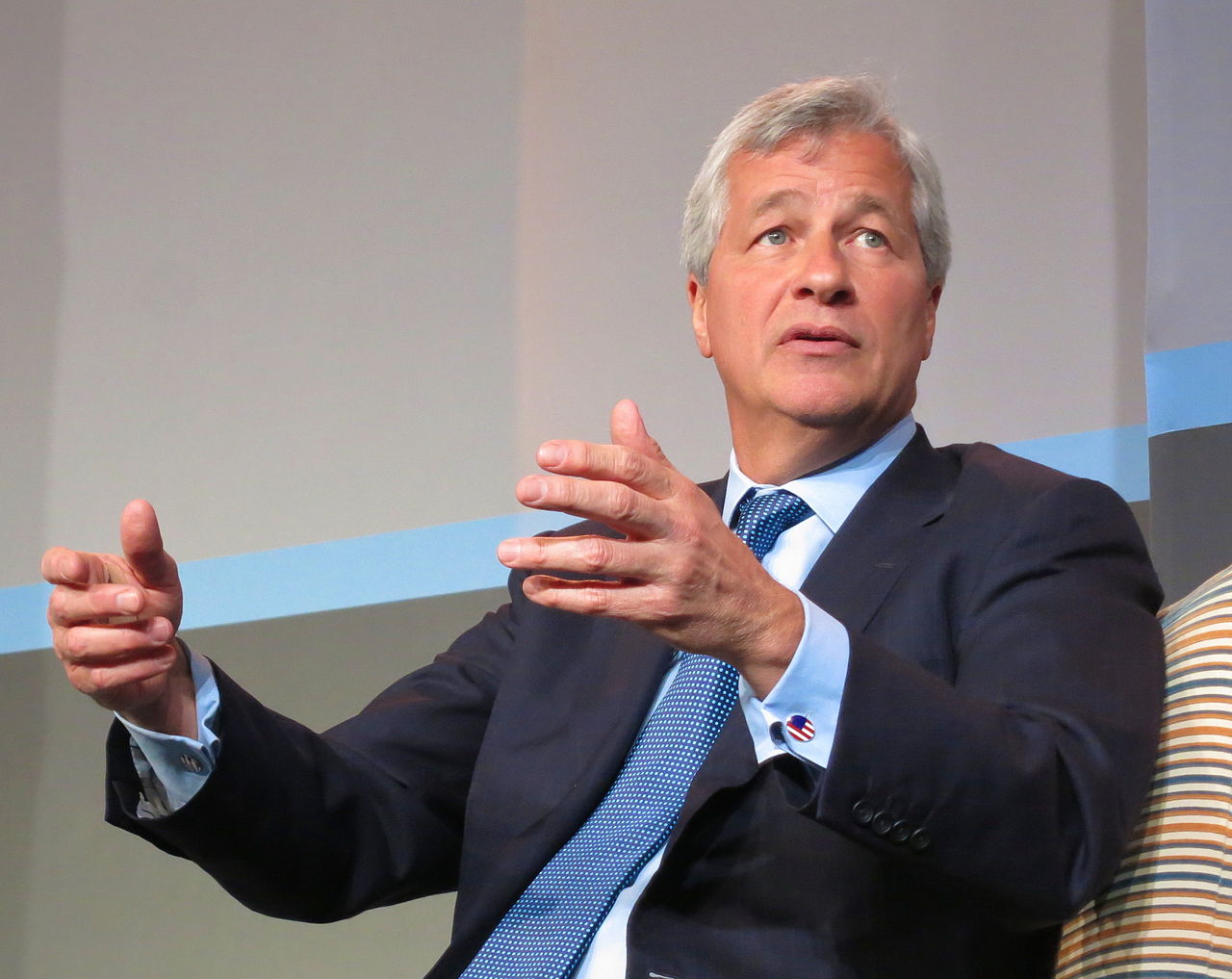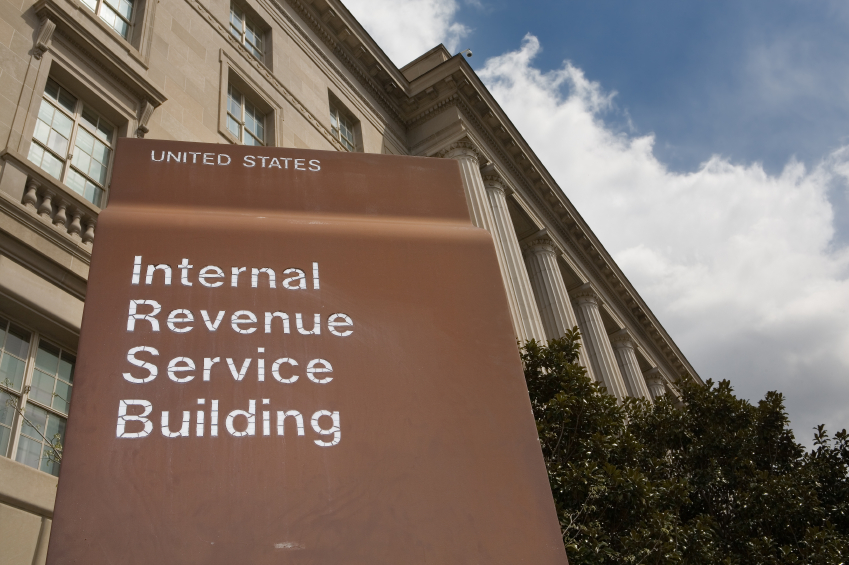Fed claims it warned Silicon Valley Bank management about risks stemming from its business model as early as fall 2021
03/30/2023 / By Arsenio Toledo

Federal Reserve Vice Chair for Supervision Michael Barr claims it warned Silicon Valley Bank’s management as early as the fall of 2021 regarding the risks stemming from its business model.
Barr made this claim during a hearing in front of the Senate Committee on Banking discussing whether the Fed should implement stronger banking regulations, supposedly to prevent similar bank failures in the future. (Related: Federal Reserve will keep increasing interest rates despite worsening banking crisis.)
The Fed official claimed bank supervisors had found “deficiencies” in SVB in 2021 and had met regularly with the bank’s management since November 2022 “to express concern with the bank’s interest rate risk profile” which Barr claims “was not at all aligned with reality.”
“The risks were there, the regulators were pointing them out and the bank didn’t take action,” said Barr.
However, there is some discrepancy between Barr’s testimony and the Fed’s earlier claims. The timeline Barr laid out to the Senate Banking Committee when he claims the Fed first alerted SVB’s management of the risks it faced is far earlier than the Fed previously claimed the bank first emerged on its radar screen.
Senate Democrats pushing for stricter banking regulations in light of SVB collapse
During the Senate hearing, Democrats in the committee proposed the creation of more stringent rules for banks, especially those with more than $100 billion in assets.
Sen. Elizabeth Warren of Massachusetts, one of Congress’ most outspoken advocates for stricter banking regulations, has already authored or sponsored three new bills that would introduce even more banking regulations.
These measures include strengthening oversight of medium-sized banks, creating an inspector general position within the Fed and prohibiting executives at publicly traded companies from selling stock options for several years.
Barr himself agrees that new regulations are necessary, noting that the Federal Deposit Insurance Corporation would propose policy options for increasing the $250,000 limit for insured deposits by May 1.
“The failure of SVB illustrates the need to move forward with our work to improve the resilience of the banking system,” said Barr.
He added it was “critical to propose and implement the Basel III endgame reforms,” referring to a series of internationally proposed rules that would require banks to maintain certain leverage ratios and keep certain amounts of capital on hand. “[Such reforms] would better reflect trading and operational risks in our measure of banks’ capital needs.”
But Senate Republicans pointed out that it was the failure of regulators and the rules they were supposed to uphold that caused the failure in the first place.
“The failure of Silicon Valley Bank, Signature Bank and the general turmoil in the banking sector are the direct result of the failure of regulators, including the agencies we have before us today,” noted Sen. Steve Daines of Montana.
Senate and House Republicans alike have also noted that individual regulators are likely more responsible for SVB’s collapse, rather than the supposed lack of regulations in the banking sector.
“It’s important to note that we can’t regulate competence,” noted House Financial Committee Chair Rep. Patrick McHenry of North Carolina. “Management of institutions need to be competent, boards of directors need to be competent. We can’t legislate that either in the financial sector or among financial institutions management, nor with regulators.”
Senate Banking Committee Ranking Member Sen. Tim Scott of South Carolina also noted how the Fed needs to be questioned on how it “failed to act to prevent the bank failure from occurring,” highlighting the need to properly enforce the rules the United States already has, rather than adding new regulations.
“In the months and years preceding the failure of SVB, several areas of concern should have been readily apparent to the Federal Reserve,” said Scott. “It is apparent that the Federal Reserve supervisors and examiners neglected to intervene in a meaningful, appropriate way to rectify the bank’s deficiencies, ensure safe and sound operations and prevent its ultimate failure.”
Watch this episode of the “Health Ranger Report” as Mike Adams, the Health Ranger, talks to David Morgan, also known as the Silver Guru, about how conventional banking systems are fracturing in the wake of the recent bank collapses.
This video is from the Health Ranger Report channel on Brighteon.com.
More related stories:
Bank collapse contagion? Customers line up to take their money out of First Republic Bank.
CLAIM: Signature Bank shut down and seized by feds to send warning message to crypto industry.
Sources include:
Submit a correction >>
Tagged Under:
bank collapse, bank failure, banking, banking crisis, big government, bubble, central banks, collapse, debt bomb, debt collapse, economic collapse, economics, economy, Federal Reserve, finance, financial crash, market crash, money supply, risk, Silicon Valley Bank
This article may contain statements that reflect the opinion of the author
RECENT NEWS & ARTICLES
COPYRIGHT © 2022 FinanceRiot.com
All content posted on this site is protected under Free Speech. FinanceRiot.com is not responsible for content written by contributing authors. The information on this site is provided for educational and entertainment purposes only. It is not intended as a substitute for professional advice of any kind. FinanceRiot.com assumes no responsibility for the use or misuse of this material. All trademarks, registered trademarks and service marks mentioned on this site are the property of their respective owners.



















